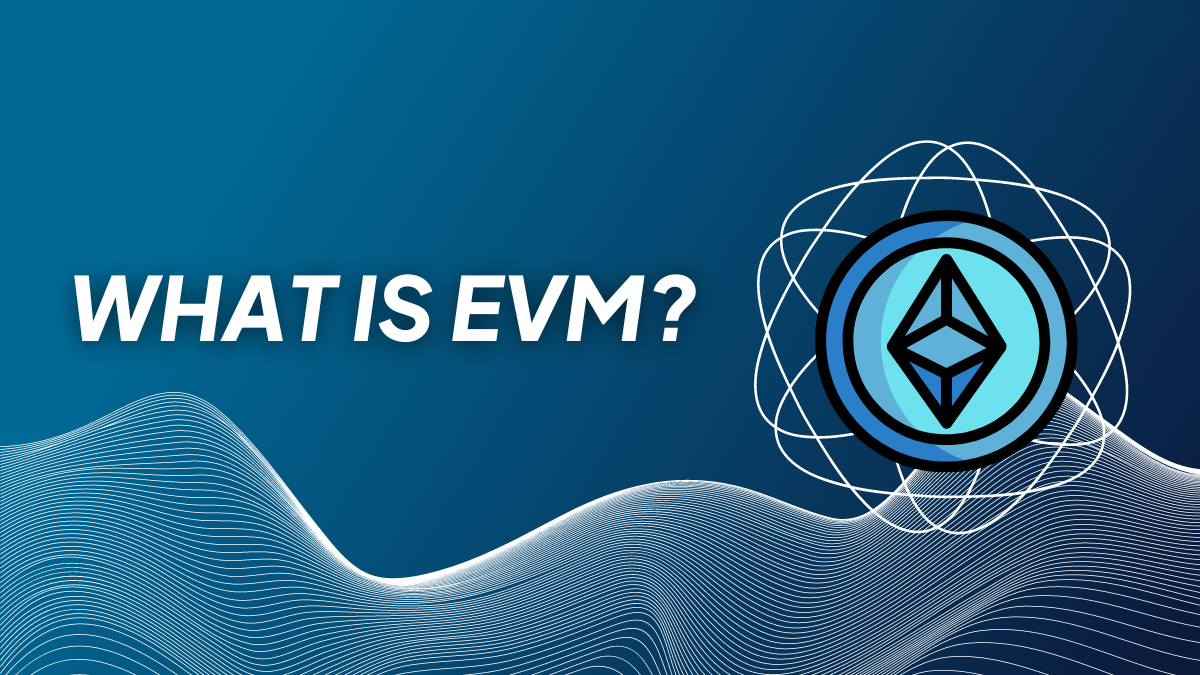What is EVM?
The EVM, which stands for Ethereum Virtual Machine, acts like a decentralized computer. It is the foundation of the Ethereum blockchain due to its primary role of executing smart contracts and computing the state of the Ethereum blockchain.
What does an EVM do?
The EVM is a Turing complete computer, which means that it is able to make any logical computation if the correct information is provided. Each Ethereum node has the same EVM version and set of rules stored on it, so all nodes are able to provide the same smart contract output with a given input.
Each time a smart contract is deployed on the network, the nodes (that have the same EVM version stored on them) will execute the contract once all the terms of the contract are met. This execution implies: 1. the verification of the input, 2. the successful use of gas (the transaction fee required to execute on the EVM), 3. introduces the result of the contract in a block, and 4. proposes a new block to the Ethereum network when the block is full and changes the state of the blockchain accordingly.
The EVM simulates a processor, so it is able to calculate anything a physical processor could. This creates a novel approach for application development as application execution is decentralized. Applications on Ethereum and other blockchains that can execute smart contracts, are called "dapps" (decentralized applications).
A functioning dapp is the result of multiple smart contracts with various functions being deployed in a certain order and obtaining certain outcomes that are completely deterministic. For the same input, the EVM will return the same output at a specific time. For instance, if a thousand people are trying to convert 1 ETH for the equivalent in USDC on a DeFi platform at the same time, they will all get nearly the same amount of USDC, given that each transaction changes the price by modifying the liquidity available in the pool.
Some dapp examples that make great use of smart contract technology are: DeFi platforms, NFT marketplaces, decentralized mail, decentralized identity, and decentralized gaming; there are prospects of use cases in almost every area of society.
Conclusion
In conclusion, the EVM is the computer of Ethereum Network, and a decentralized computer for the world that executes smart contracts while managing the state of the Ethereum blockchain.

